Electricians wire new building
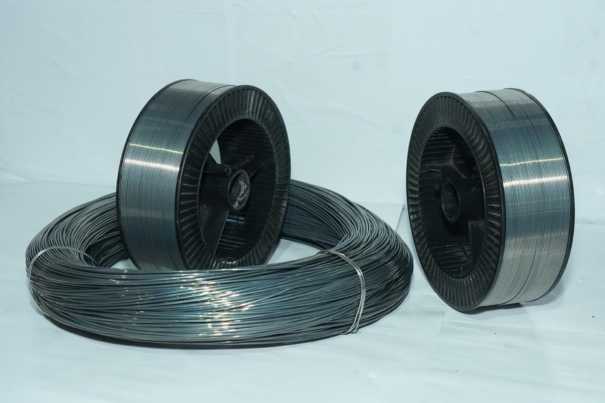

The aluminium in the alloy enhances corrosion resistance, making our wires suitable for long-term use in harsh environments such as coastal areas and industries with high moisture and chemicals.

Our zinc-aluminium wires combine the strength of aluminium with the durability of zinc, providing excellent mechanical performance and flexibility for various applications including automotive, construction, and manufacturing.

We manufacture zinc-aluminium wires in different compositions and diameters to meet specific customer requirements. Our manufacturing process adheres to strict industry standards to ensure quality and longevity.

When applied using thermal spraying, our zinc-aluminium wires form a strong and lasting bond, providing reliable protection for surfaces that experience wear and tear.
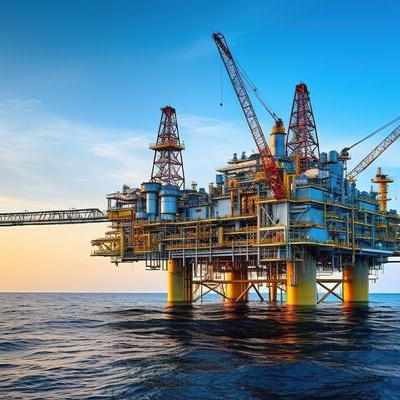
Zinc-aluminium wires are used in thermal spraying protective coatings on offshore oil platforms. These coatings help resist saltwater corrosion, strong winds and extreme temperatures, enhancing the platform’s durability and safety for oil extraction in harsh marine conditions.

Zinc-aluminium wires provide protective coatings for railway tracks, preventing rust and corrosion. These coatings create a strong barrier against moisture and environmental factors, ensuring track durability and reducing maintenance needs.

Zinc-aluminium wires are used in coating steel components of wind turbines. It is crucial for parts exposed to coastal conditions, guarding against salt spray and wind erosion, to improve the turbines' lifespan and
reliability.
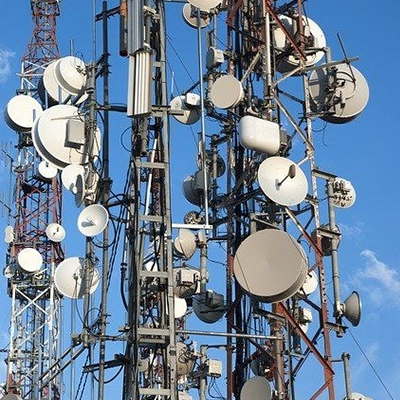
Zinc-aluminium wires are used in protective coatings for electrical towers to prevent corrosion that can compromise structural integrity. This enhances resistance to environmental degradation, lowers maintenance costs and extends the towers' lifespan.
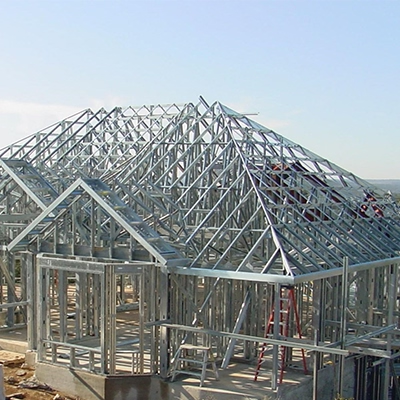
In construction, zinc-aluminium wires are used for thermal spraying on structural steel. These coatings shield against corrosion, extend the life of buildings, bridges and other structures and ensure public safety.
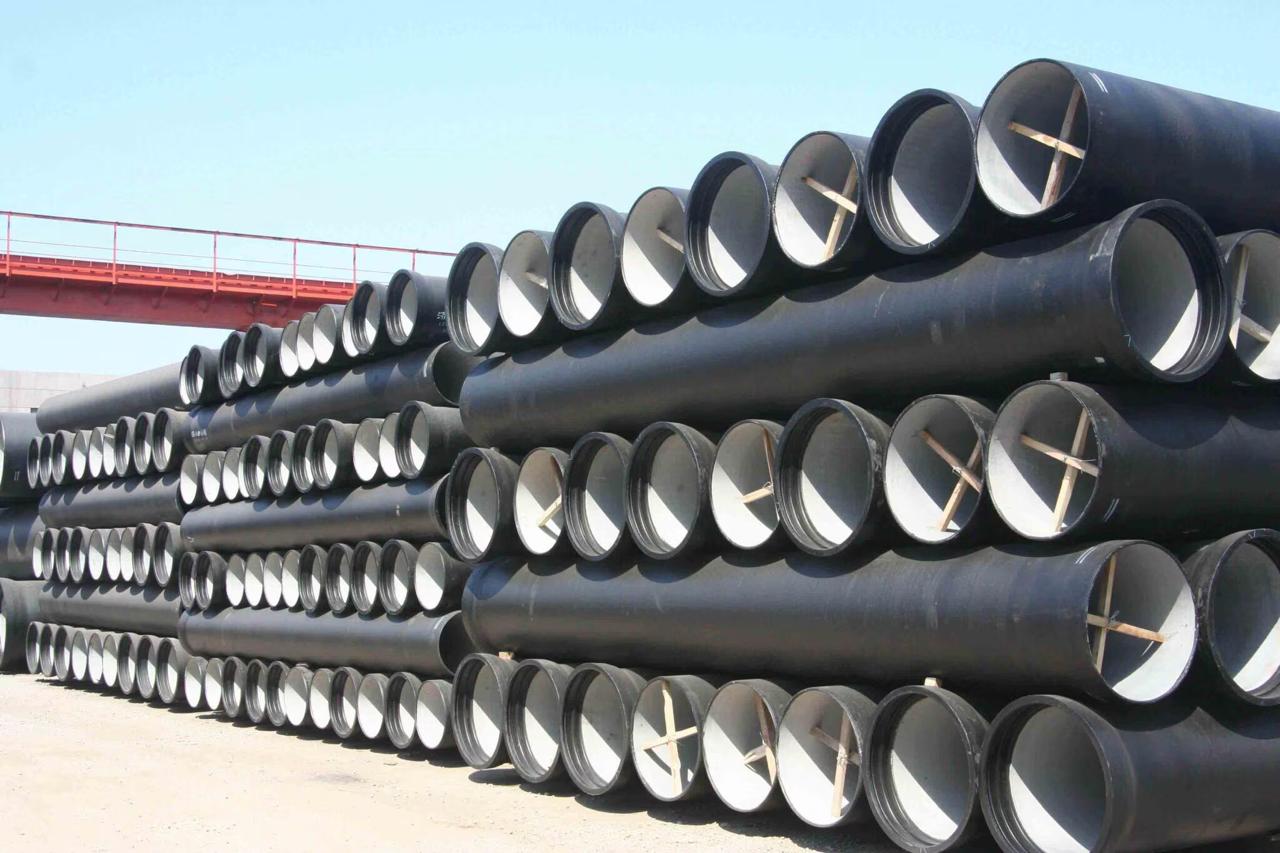
Zinc wires are used for metallizing DI pipes. The coating resists corrosion and wear, extends operational life and lowers maintenance of the pipes in demanding industrial and environmental conditions.
Our zinc-aluminium wires have a composition of 85% zinc and 15% aluminium (Zn-15Al). This combination enhances corrosion resistance, mechanical strength, and durability, while maintaining excellent adhesion properties for coatings.
Zinc-aluminium wires offer better heat resistance than pure zinc. The aluminium content improves structural stability and coating integrity under high temperatures, making it suitable for demanding industrial conditions.
Yes, our zinc-aluminium wires are compatible with most arc and flame spray systems. Their uniform diameter and consistent composition ensure smooth feeding and stable arc performance across various spraying systems.
Zinc-aluminium wires should be stored in a dry, ventilated environment, away from direct sunlight, chemicals or high humidity. Proper storage prevents surface oxidation, ensuring consistent coating quality during application.
Yes, our zinc-aluminium wire is recyclable. The alloy can be recovered and reused without significant performance loss, making it a sustainable choice for industries committed to environmental responsibility.